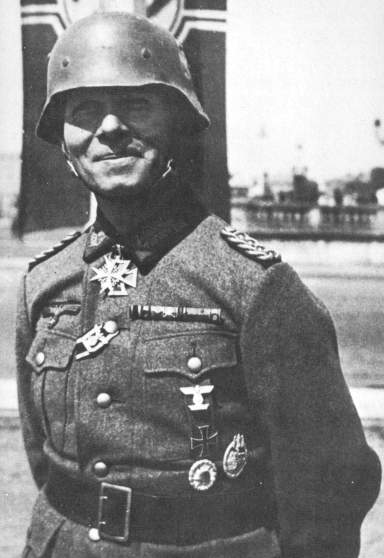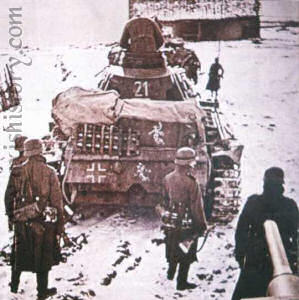I think this was a very key consideration for the UK, Germany, Russia and Japan:
@KurtGodel7:
However, one reason for Hitler’s impatience in invading the Soviet Union was the British food blockade of Germany; and the resulting starvation in German-held lands. Delaying the invasion of the Soviet Union by two years would have meant two extra years of famine conditions; especially in occupied territories and population groups assigned low or mid-level priorities for scarce, precious food calories.
Only the US and some parts of the British empire had abundant food. The UK, Germany, (and later Japan) were squeezed by naval (or submarine) blockades. Russia was squeezed by the vast territories taken by the Germans. Of course I’ll grant that in the early part of the war, Germany did quite well by taking the food and supplies found in France, Belgium, Ukraine, etc.
Grizzly, you make a good point. The Germans were never going to be able to invade the UK; but they did try to starve them. An excess of wheat in Australia and Canada does no good for the UK if it cannot be delivered. I guess we disagree on whether or not British hunger, lack of heating oil, etc. would have been sufficient to make them either sue for peace with Germany…If the British were hungry enough (and I think without the US merchant marine), I could see them saying screw the French, lets have a ceasefire and let the USSR and Germany fight it out.
Regarding the USSR, I once read an estimate that 7/8 of the entire Germany war effort was fought on the eastern front. This estimate includes the forces in Norway, the battles in Africa and the Balkans, Crete, the U-boat effort, the battles in Italy, the defense of France after D-day, the V-1 and V2 and other technological weapons, etc. The defense of France required minimal forces in the early part of the war, especially early in the war when it was obvious the UK was in no position to invade. I don’t think this small difference would have been enough to turn the tide in the East despite the small margin of victory by the USSR during 1941 and 1942. I even doubt Hitler would have reduced the forces occupying France at this time had the UK capitulated.








